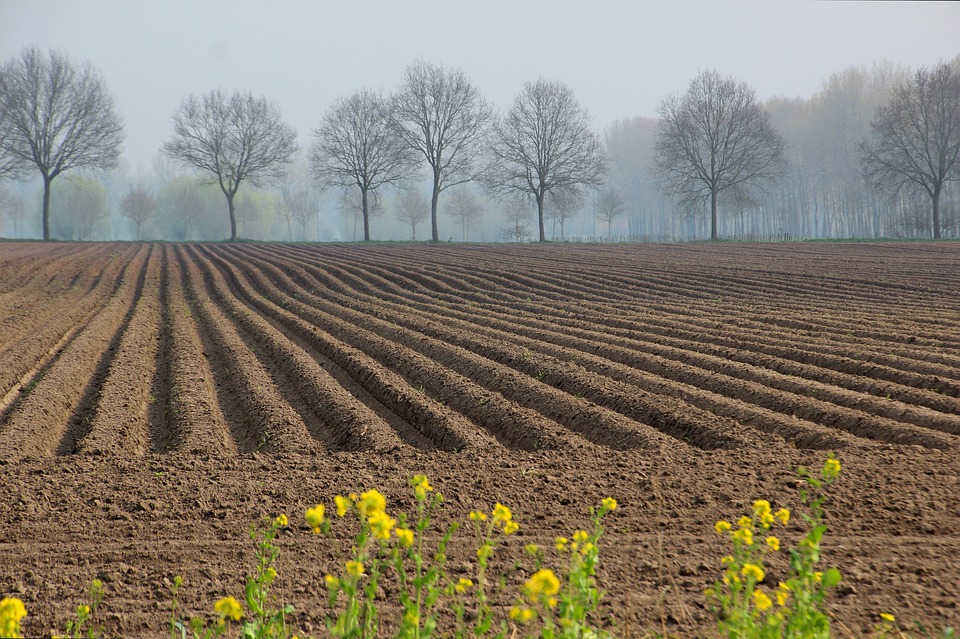Have you ever suffered collateral damage as the result of someone else taking things into their own hands instead of waiting on the Lord? Or maybe just the results of the fleshly behavior of someone else, or resentment or lack of forgiveness? Or have you suffered because of a loved one's addiction or some other sin? Maybe your own resentments and unwillingness to forgive have caused collateral damage in someone else life. Sometimes in studying forgiveness, when people are encouraged to forgive, we hear things like, "You only hurt yourself when you don't forgive." Or, "You are the one in chains when you hold on to unforgiveness and resentment." But that's not really accurate. Being at the receiving end of resentment and bitterness due to lack of forgiveness can be excruciating. Sometimes it can feel as if a two ton boulder is suffocating the life out of you. In a sense, a loved one's lack of forgiveness can place chains that can only be removed by the act of forgiving. So what are we suppose to do when we suffer collateral damage?

Merriam-Webster Dictionary defines collateral damage as this: injury inflicted on something other than the intended target; specifically: civilian casualties of a military operation.
Hagar was the collateral damage of Sarai and Abram's decision to take matters into their own hands instead of waiting on the Lord for what He had promised them. We will study her story in Genesis 16.
I will be using the New King James Bible and the Blue Letter Bible Outline for Biblical Use and Strong's for the meanings of words in this study.
For context of this study, in Genesis 12, God told Abram to get out of his country and from his kindred to a land that God would show him. This is the beginning of the initiation of the Covenant that God would make with Abram...
This content is available in full in Jewels from the Journey: Discovering the Riches of our Identity in Christ. By purchasing a copy, you'll be supporting the work Thinking Girls Bible Study is doing to encourage women to dig deeper and mine the treasures of the Word of God.

.jpg)



Comments
Post a Comment